geriten eine halden abe.
wîbes stimme er hôrte
vor eines velses orte.
ein frouwe ûz rehtem jâmer schrei:
ir was diu wâre freude enzwei.
der knappe reit ir balde zuo.
nu hœret waz diu frouwe tuo.
dâ brach frou sigûne
ir langen zöpfe brûne
vor jâmer ûzer swarten.
der knappe begunde warten:
schîânatulander
den fürsten tôt dâ vander
der juncfrouwen in ir schôz.
aller schimphe si verdrôz.
now our simple lad
was riding down a slope,
when he heard a woman's voice
from behind a sharp rock.
a lady was lamenting, in grief
which had broken her joy apart.
the boy rode straight towards her.
now hear what it was with the lady.
lady sigûne was sitting there
tearing out her long brown hair
by the roots, in despair.
the boy's eyes began to wander:
schianatulander,
the prince, lay there dead
in the maiden's lap.
her thoughts were all sorrowful.
extract from titurel -- wolfram von eschenbach [adaptation of the original chrétien poem] circa 1217
documented over the ages & used as a popular indicator to denote grief & separation anxiety at emotional or physical death of a significant other, women often radically change their hair at the end of a relationship. why?
there is no global culture where people have not used the body as a canvas of emotional expression. many ancient rites of grieving involved extreme makeover of head hair. not all languages are transferable through cultures where symbology & myths mutates but the modification of hair in times of despair is widespread.
popular culture embraces this phenomena where a quick easy search online for break-up tips yields image update/hair advice en masse. hairdressers have a name for this phenomena of such drastic change: “post break-up hair”. that man shadow is literally washed right out of your hair & the foundations are laid for attracting a new one. in a world focussed on instant gratification and now, now, now, we're encouraged to get back on the horse ASAP regardless of the degree of loss. no time to waste...
recently noted as a massive trend post september 11 attacks in the new york times, column writer gina bellafonte reported many women lost their locks in a symbol of deep shock & sadness.
in greco-roman culture this was done simply through the unbinding of hair. throughout most international societies, grief is manifested through physical action which often includes hair in some way. ie. women untying their hair & running wild into the wilderness. expression through ritualism is intrinsic with the very core of humanity. emotional death can be as all encompassing as the physical version.
in varying degrees hair removal symbolises self-mutilation, a type of mourning demonstrating the physical loss for women usually of a partner. in some pacific island cultures this often extends to the cutting of flesh and even amputations. throughout all world religions many sacrificial rituals involve hair cutting or loosing: from the islamic rite of passage following ibrahim’s call on the hajj where it accompanies the slaughter of the hadi animal through to zen buddhism to thangmi shamanism to the aboriginal self-harm mourning ritual which involves women hair-cutting as recently illustrated in warwick thornton's beautiful soulful film samsom & delilah all the way through to the various guises of western hermetic orders & christianity.
the germanic rapunzel fairy tale as popularised in modern times by the grimm brothers is often utilised to illustrate this metaphor on many levels by the psychology community. it’s called the rapunzel syndrome or trichotillomania & is evidenced by manic hair pulling often to the extent of severe alopecia. it is much more common in girls/women and directly connected to stress & mental trauma.
psychoanalysts go even further with the hair & grief relationship, as they are wont to do. imminent shrink dr charles berg hypothesises that there is essentially a symbolic connection between hair & male genitals in the subconscious: therefore haircutting is equivalent to castration.
perhaps this works for both parties concerned, the woman acting out her grief as sexless self-saboteur but arguably moving through the process as a radical transitive step to a life-changing chapter but also as a method to extract the demons that lie in wait of the empty footprints of her departed or deceased lover. it is without doubt a visual language when words will not suffice, an embodiment of torment.
a woman’s hair carries a strong emotional and cultural investment. in many ways it is integral to an individual’s identity. in most societies hair is the indicator which separates women from men; the symbol of our attractiveness, femininity and sexuality. it is a power tool. ultimately it's a social device we can brand personality & action with. changing one’s appearance is a mechanism to deal with pain, a source of empowerment when everything else seems beyond one’s control.
a rite of passage, historically the ritualistic hacking or tearing of hair has been compared to the acquisition of tribal tattoos as checkpoints along a life journey. as life continues to spiral & go on so will the hair ultimately grow back to fulfil whatever metaphorical interpretation might be required of it next. just so long as the mind & heart do not fail en route.
cut off thine hair, O jerusalem, and cast it away, and take up a lamentation on high places; for the LORD hath rejected and forsaken the generation of his wrath. -- jeremiah 7:29, king james bible











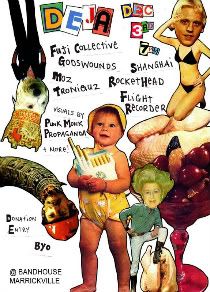


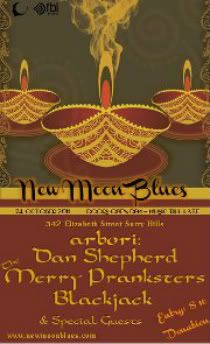
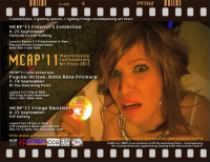
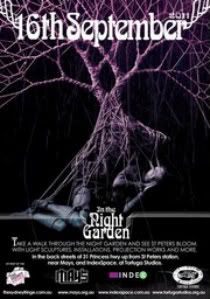





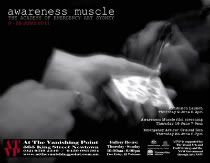



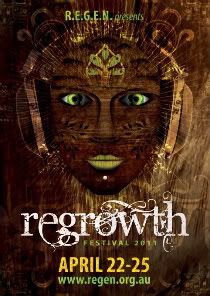


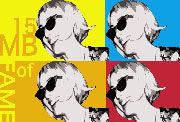

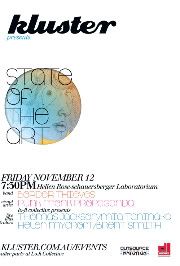






No comments:
Post a Comment